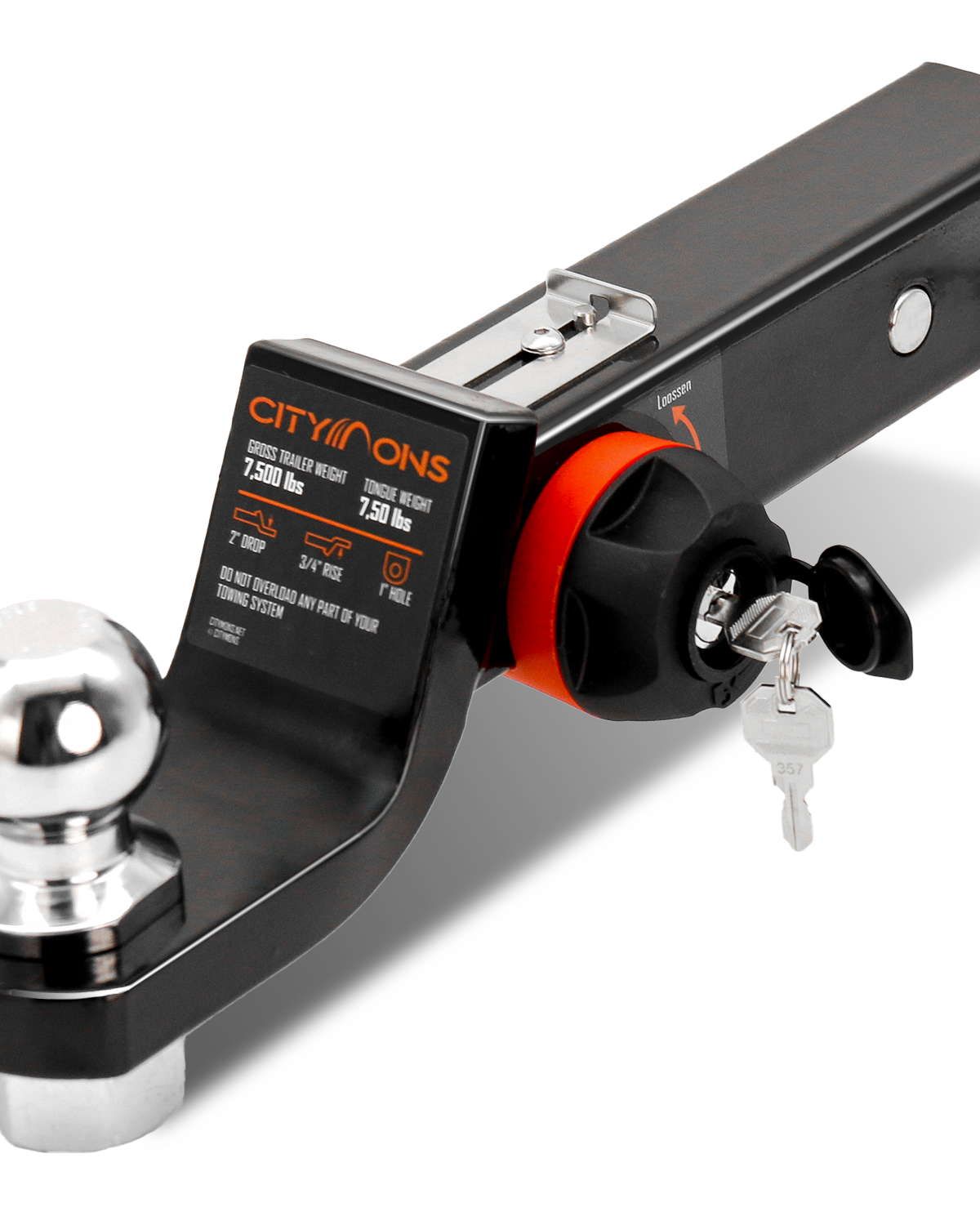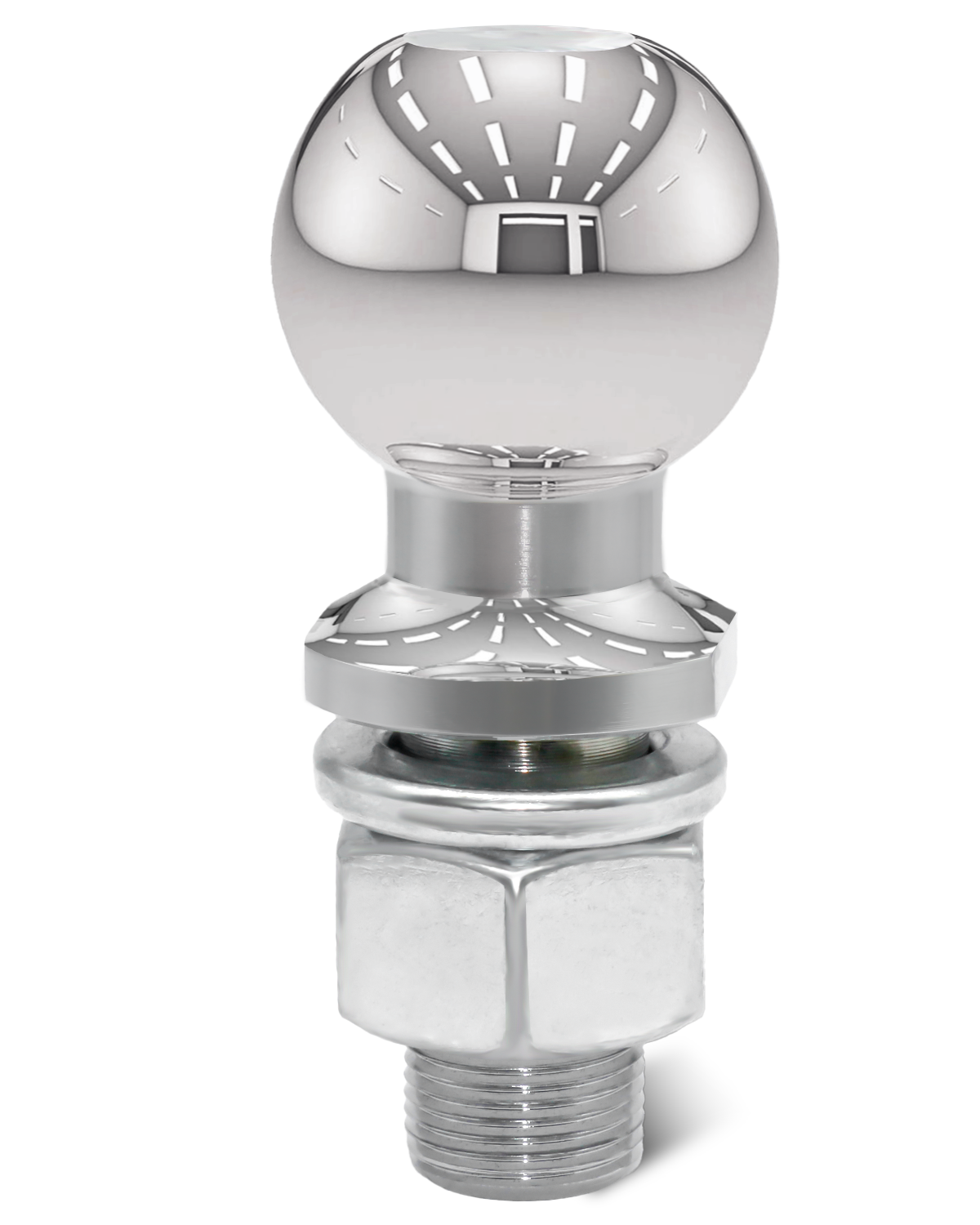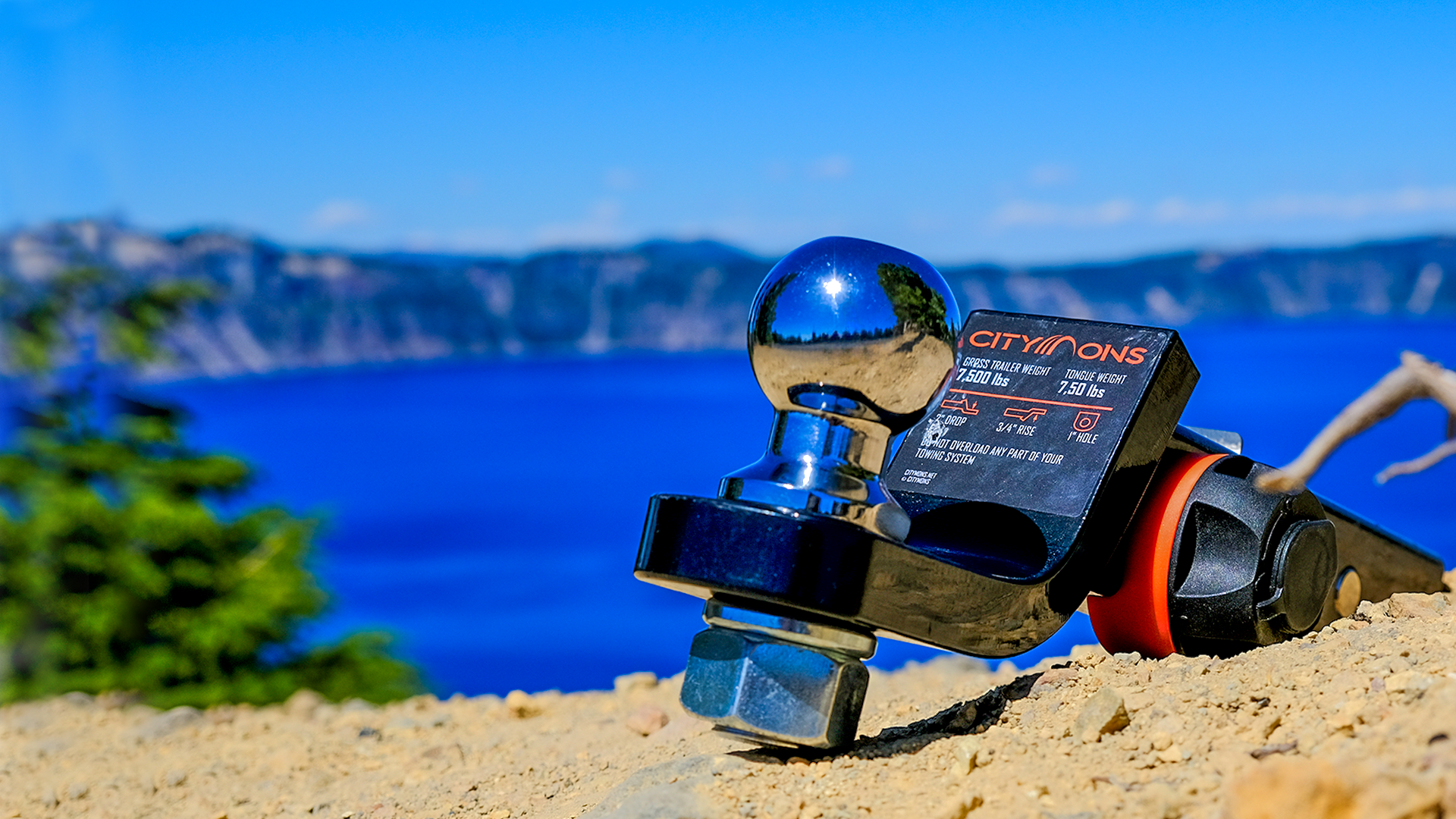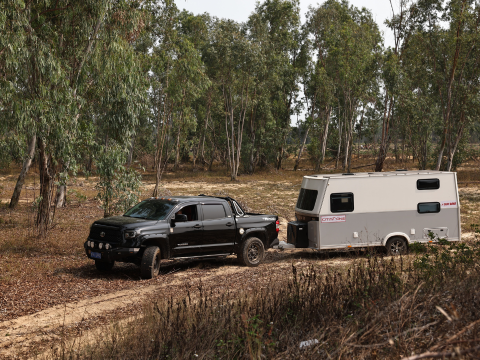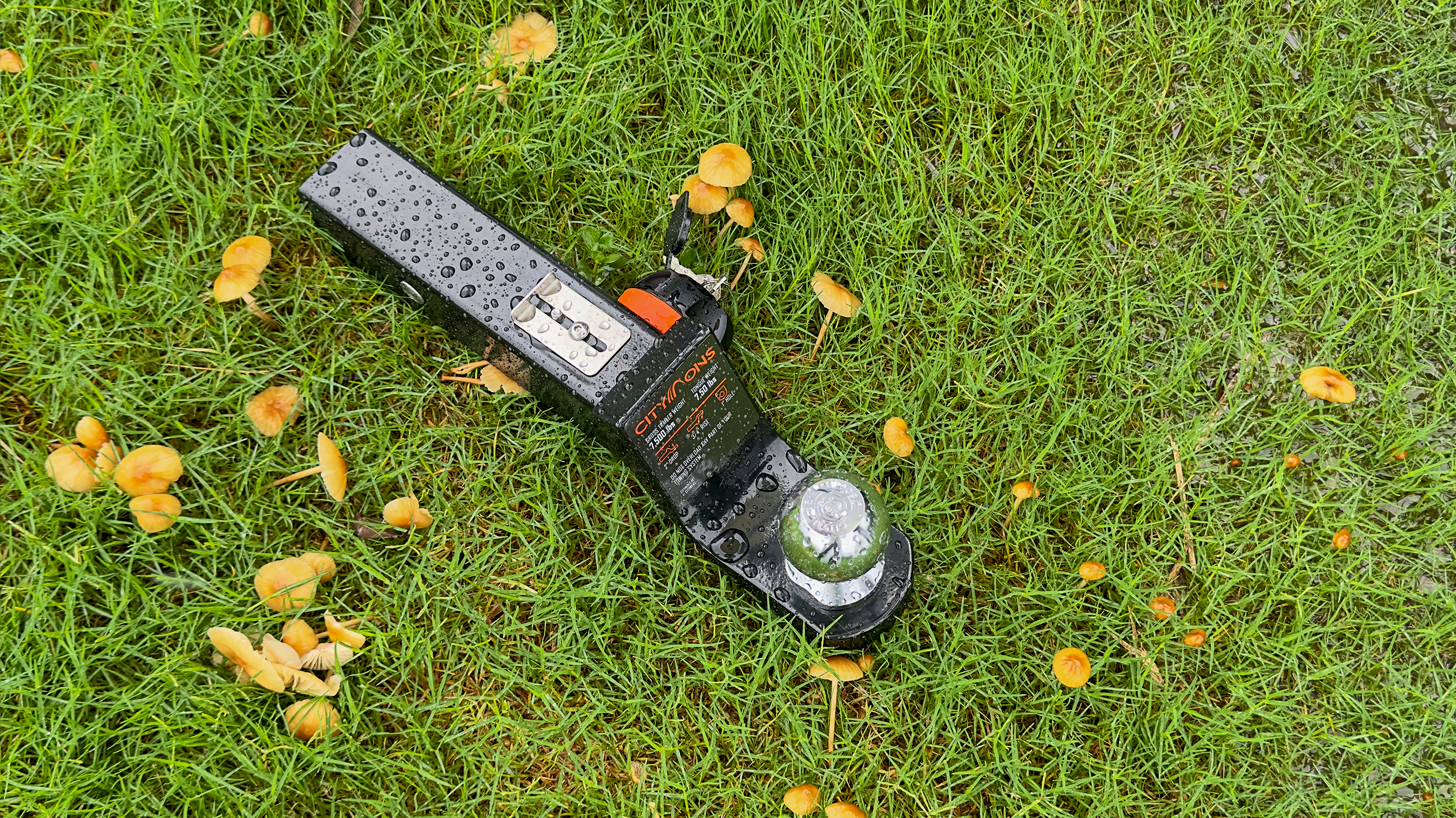The trailer hitch is a crucial part of any towing setup, and its corrosion resistance is directly tied to the safety and reliability of the entire system. Trailer hitches are constantly exposed to harsh conditions like rain, snow, mud, and road salt, all of which can cause metal corrosion. Corrosion can weaken the structural integrity of the hitch and damage connecting components, posing serious risks to road safety.

Choosing a trailer hitch made from corrosion-resistant materials or one with a protective coating is essential for long-term durability. High-quality corrosion-resistant materials such as galvanized steel, stainless steel, or special anti-corrosion coatings can effectively withstand harsh weather and environmental conditions, keeping the hitch strong and stable. This resistance is especially important in coastal areas or when driving through water, where exposure to corrosive elements is higher.

Regular maintenance also plays a crucial role in extending the life of a trailer hitch. Cleaning the hitch regularly to remove dirt, salt, and other corrosive substances, as well as inspecting the protective coating for any signs of wear, can significantly reduce the risk of corrosion. If rust spots are found, they should be promptly treated, and a new layer of anti-rust coating should be applied if necessary to ensure the hitch remains in optimal condition.
Corrosion resistance not only determines the lifespan of the trailer hitch but also directly impacts the safety of your towing journey. Selecting a corrosion-resistant hitch and performing regular maintenance are fundamental steps to ensuring every trip is as safe as possible.

